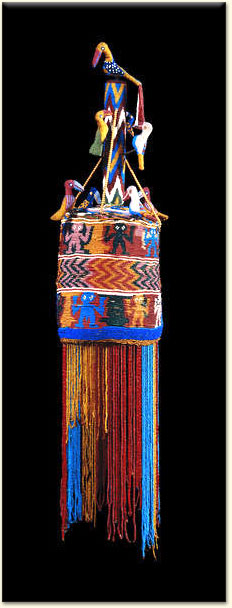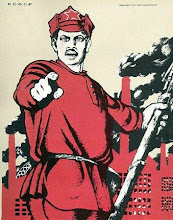Peasant Woman Binding Sheaves After Millet
Matthew 8:18
King James Version
Verily I say unto you, Whatsoever ye shall bind on earth shall be bound in heaven: and whatsoever ye shall loose on earth shall be loosed in heaven.I read this as applying to the Law and how it governs the actions of mankind: whatever actions you make mandatory will be seen as mandatory in heaven, and whatever actions you make free of the Law will be seen as free of the Law in heaven.
That is quite a lot.
Ever since Francis I washed some feet the other day, traditionalist Catholic bloggers have been at odds with the fact that there were 2 women washees involved (2 perhaps for Mary and Martha... the RC Church is very big on symbolism, using it as an enormous crutch to wend its way through life's mysteries)
Pope's Foot-Wash A Final Straw For Traditionalists
by Nicole Winfield, Associated Press
..."The pope does not need anybody's permission to make exceptions to how ecclesiastical law relates to him," noted conservative columnist Jimmy Akin in the National Catholic Register. But Akin echoed concerns raised by canon lawyer Edward Peters, an adviser to the Vatican's high court, that Francis was setting a "questionable example" by simply ignoring the church's own rules.If I were to affix a RC label to myself, it would say "traditionalist". However, it would not say "traditionalist who thinks his personal history has a unique validity."
"People naturally imitate their leader. That's the whole point behind Jesus washing the disciples' feet. He was explicitly and intentionally setting an example for them," he said. "Pope Francis knows that he is setting an example."
The inclusion of women in the rite is problematic for some because it could be seen as an opening of sorts to women's ordination. The Catholic Church restricts the priesthood to men, arguing that Jesus and his 12 apostles were male.
Francis is clearly opposed to women's ordination. But by washing the feet of women, he jolted traditionalists who for years have been unbending in insisting that the ritual is for men only and proudly holding up as evidence documentation from the Vatican's liturgy office saying so.
"If someone is washing the feet of any females ... he is in violation of the Holy Thursday rubrics," Peters wrote in a 2006 article that he reposted earlier this month on his blog....
It is my own tastes, bred from years in choir singing Latin hymns, that makes me intransigeantly refuse to sing "hoottenany" type modernistical hymns, not some misplaced apprehension that old ways are best ways, or more exactly, old ways that form part of the History of Me are the best ways.
Referring back to the quotation from Matthew, when Jesus says that anything may be loosed, what does that mean?
This quotation is loaded with dynamite. I have always heard it handled in the sense that laws made by the Church receive a rubber stamp of approval in heaven. In other words, the sermons always were telling our tender minds that the Church was right, the Pope infallible, and all was well with the World.
However, that approach misses the verb "loose", "...whatsoever ye shall loose on earth..."
Consider now, what is it that may be loosed? What portion of the Law may be rendered null and void?
The quote does not say "...whatever non-essential, extraneous, superfluous bit of fluffery ye shall loose on earth shall be loosed in heaven." It says "whatever", period, full stop.
So just as weighty matters are bound, so also may weighty matters be loosed.
All who bend their necks to the binding of the Law as a unbroken and unbreakable chain are mistaken, and they view the days of change with the same horror that the Orthodox heard the views of St. Paul that the uncircumcised were justified by the acts of their faith.
--


















No comments:
Post a Comment